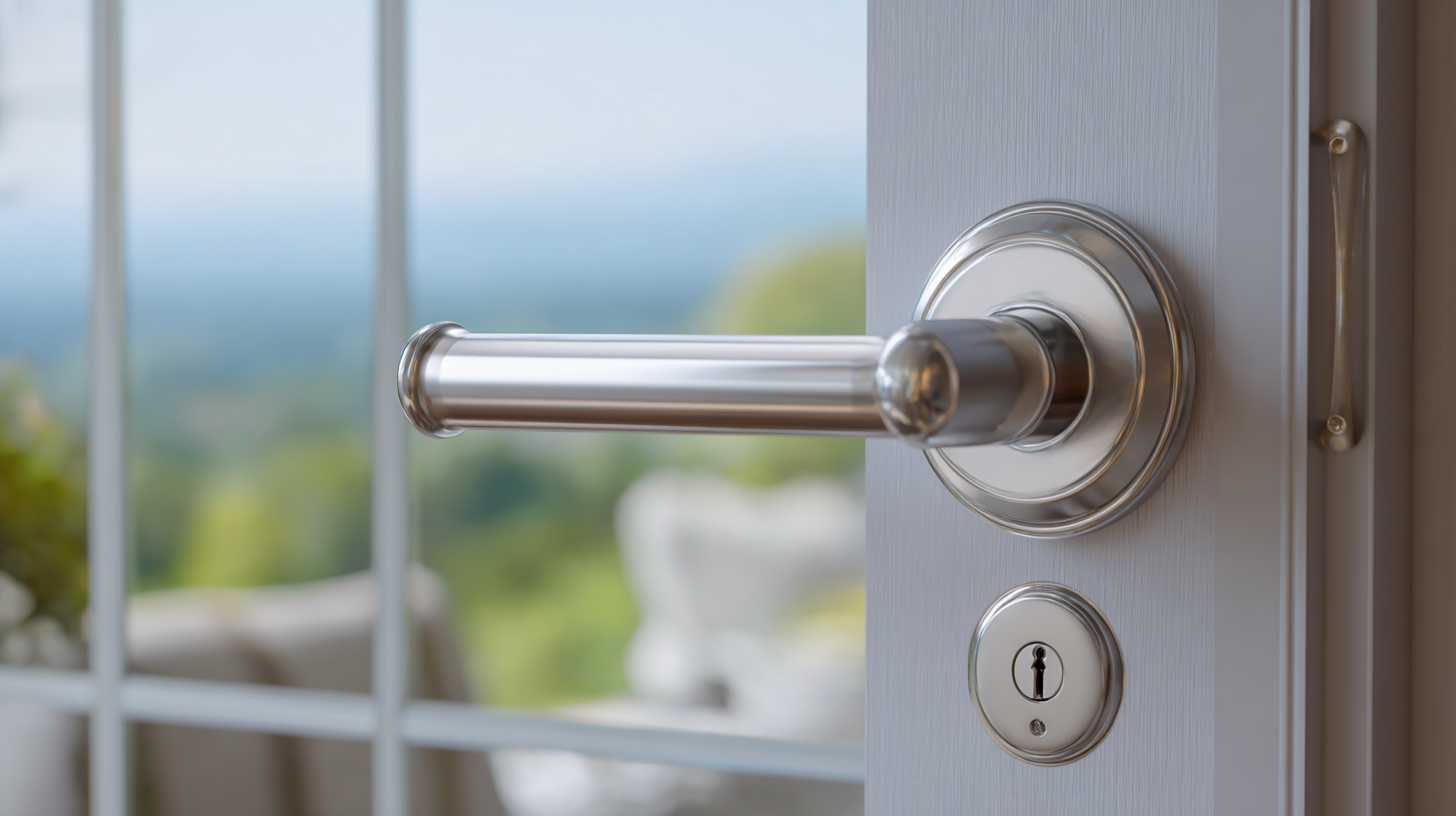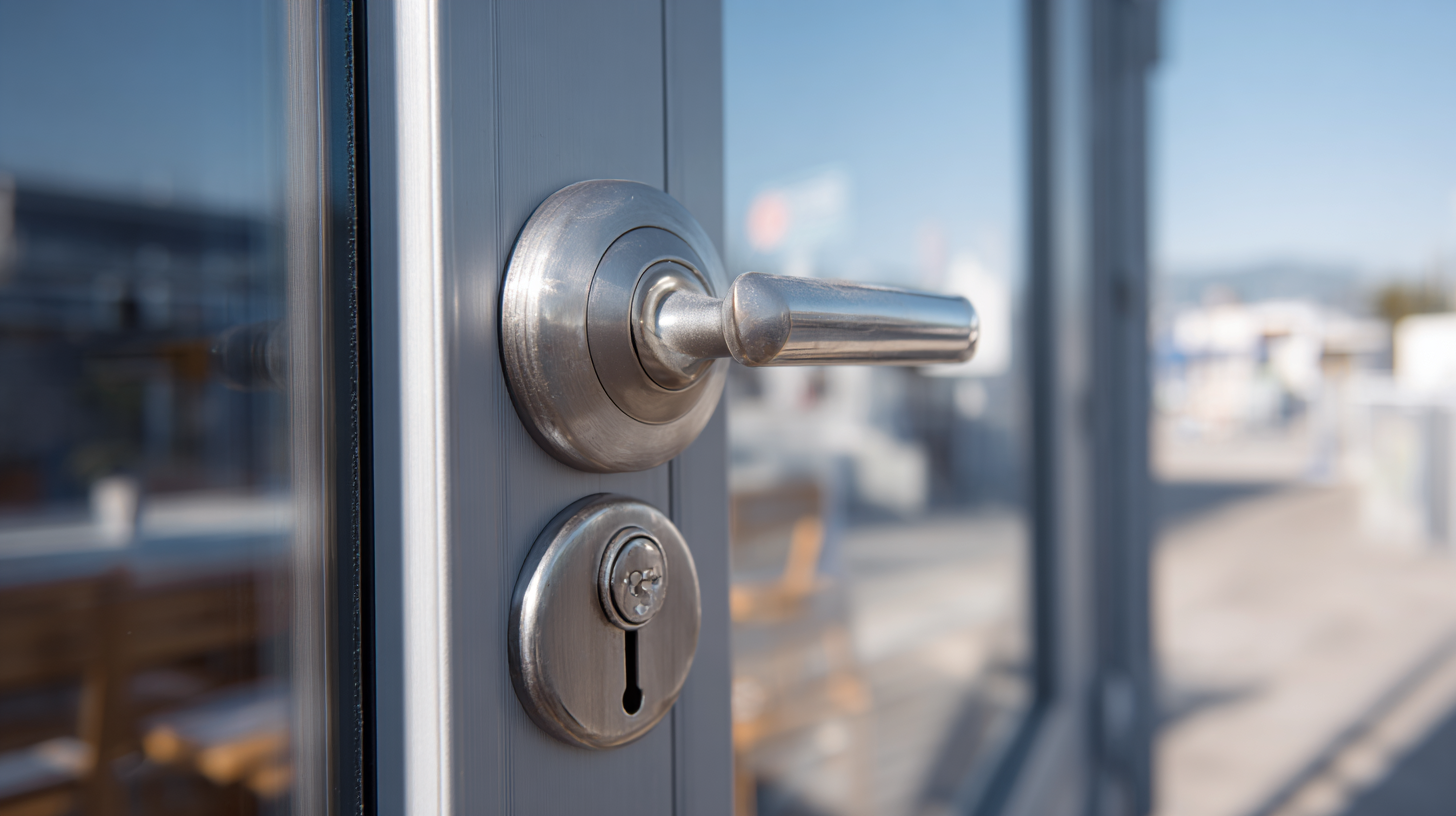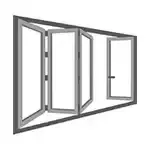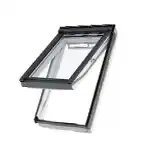
How to Identify Top Suppliers for Best Aluminum Doors: A Comprehensive Guide with Industry Insights
In the competitive landscape of the construction and home improvement industry, selecting the right suppliers for aluminum doors can significantly impact both the aesthetic and functional value of a project. A recent report by Freedonia Group predicts that the demand for aluminum doors in the residential and commercial sectors will reach $15 billion by 2027, driven by their growing popularity for durability and energy efficiency. As architects and builders increasingly prioritize sustainable materials, aluminum doors stand out for their corrosion resistance and low maintenance needs. This comprehensive guide aims to equip industry professionals with essential insights and strategies to identify top suppliers, ensuring the selection of high-quality aluminum doors that meet both design standards and client expectations. By understanding key market trends and supplier capabilities, stakeholders can make informed decisions that enhance project outcomes and customer satisfaction.

Identifying Key Factors for Selecting Top Aluminum Door Suppliers
When selecting top aluminum door suppliers, it’s crucial to consider several key factors that ensure quality and reliability. First, evaluate the supplier's industry experience and reputation. Suppliers with a long-standing presence in the market often have proven track records and established relationships with clients, indicating their stability and trustworthiness.
Tip: Look for suppliers who participate in industry standards and certifications. This involvement not only demonstrates their commitment to quality but also provides an extra layer of assurance regarding the materials and craftsmanship of their products.
Next, assess the range of products offered by potential suppliers. A diverse product line indicates a supplier's ability to cater to various needs and preferences, enhancing your options for design and functionality. Suppliers who can provide customized solutions will likely be more versatile and capable of meeting specific project requirements.
Tip: Request samples or case studies of previous projects from suppliers. Observing their work firsthand can help you gauge the quality and aesthetics of their aluminum doors, enabling more informed decision-making.
Emerging Technologies Impacting Aluminum Door Manufacturing in 2025
As we approach 2025, the aluminum door manufacturing industry is on the brink of a technological transformation that promises to redefine production efficiency and sustainability. One of the most significant emerging technologies is automation, which involves the integration of robotics and artificial intelligence in the manufacturing process. This shift not only streamlines operations but also reduces human error, leading to higher quality and consistency in aluminum door production. Companies that embrace these advancements will be better positioned to meet current market demands and respond rapidly to changing customer preferences.

In addition to automation, advancements in materials science are paving the way for more durable and energy-efficient aluminum doors. For instance, the development of innovative coatings and alloys enhances corrosion resistance and thermal performance, making products much more appealing to environmentally conscious consumers. Furthermore, the rise of smart technology in building materials means that aluminum doors can be equipped with features such as integrated security systems and energy monitoring, aligning with the growing trend towards intelligent home solutions. As these technologies continue to evolve, they will play a crucial role in how suppliers and manufacturers approach their product offerings in the competitive landscape of 2025.
Evaluating Supplier Reputation: What to Look for in the Industry
When evaluating the reputation of suppliers in the aluminum door industry, several key factors come into play.
First and foremost, it’s crucial to look for established brands with a proven track record. Conducting thorough research into their history, client reviews, and case studies can provide insights into their reliability and performance.
Suppliers with long-standing relationships in the industry often demonstrate excellence in product quality and customer service, making them a safer choice for your sourcing needs.
Another significant aspect to consider is the supplier’s certifications and compliance with industry standards.
Ensure that the suppliers adhere to safety and quality benchmarks such as ISO certifications or local building codes. These credentials not only signify their commitment to maintaining high standards but also reassure you of their operational integrity.
Additionally, exploring feedback from existing customers can illuminate the supplier's responsiveness, support, and post-sale service—critical components for long-term partnerships.
By focusing on these elements, you can effectively narrow down your options and identify top suppliers that align with your business goals.
Understanding Cost Structures: Ensuring Value in Your Supplier Choices
In today's rapidly evolving market, understanding cost structures is crucial for identifying top suppliers in the aluminum door industry. As companies navigate a competitive landscape influenced by innovations in artificial intelligence and emerging technologies, the focus must shift from merely seeking cost efficiency to enhancing supplier resilience. By analyzing the dynamics of global supply chains, organizations can better evaluate supplier performance beyond cost metrics, ensuring they partner with those capable of adapting to market fluctuations and delivering long-term value.

A critical aspect of supplier evaluation involves examining the technologies they employ. With the rise of advanced digital tools and machine learning, suppliers that integrate these technologies into their operations are likely to demonstrate improved efficiency and responsiveness. Building strong relationships with suppliers who embrace digital transformation can significantly enhance supply chain collaboration, ultimately leading to better pricing strategies and reduced overall costs. By prioritizing these factors in their supplier choice process, businesses can achieve a more sustainable and effective procurement strategy for aluminum doors.
Sustainability Practices: The Future of Aluminum Door Production and Sourcing
Sustainability has become a critical factor in the aluminum door production and sourcing industry. As environmental concerns grow, manufacturers and suppliers are increasingly adopting eco-friendly practices to reduce their carbon footprints. This shift not only aligns with global sustainability goals but also appeals to consumers who prioritize green products in their purchasing decisions. By utilizing recycled materials, implementing energy-efficient manufacturing processes, and minimizing waste, suppliers can significantly enhance their sustainability profiles.
Moreover, sustainable sourcing is essential for building a reputable brand image. Companies that prioritize sustainable practices often gain competitive advantages in an increasingly eco-conscious market. Engaging in transparent supply chains and opting for suppliers who adhere to strict environmental standards helps businesses cultivate trust with customers. As the demand for aluminum doors continues to rise, those who embrace sustainability will likely lead the industry towards a more responsible and innovative future, ensuring the longevity of both the product and the planet.
How to Identify Top Suppliers for Best Aluminum Doors: A Comprehensive Guide with Industry Insights - Sustainability Practices: The Future of Aluminum Door Production and Sourcing
| Supplier Region | Sustainability Rating | Certifications | Production Capacity (units/year) | Years in Business |
|---|---|---|---|---|
| North America | A+ | ISO 14001, LEED | 500,000 | 15 |
| Europe | A | FSC, ISO 9001 | 350,000 | 10 |
| Asia | B+ | ISO 14001 | 700,000 | 20 |
| South America | B | LEED | 300,000 | 8 |
| Africa | C+ | None | 150,000 | 5 |




 Sliding Door
Sliding Door Folding Window
Folding Window Skylight
Skylight Casement Window
Casement Window Sliding Window
Sliding Window System Window
System Window Tilt and Turn Window
Tilt and Turn Window Sun Room
Sun Room